EFIPLAT 10MG TABLET
MRP ₹175
(Inclusive of all Taxes)
₹26.3 Cashback (15%)
Provide Delivery Location
Online payment accepted
 Prescription drug
Prescription drugWhats That
Composition :
Manufacturer/Marketer :
Consume Type :
Expires on or after :
Return Policy :
About EFIPLAT 10MG TABLET
EFIPLAT 10MG TABLET belongs to the group of medicines called 'antiplatelet agents' used to prevent the formation of blood clots, thereby reducing the chance of having a heart attack, or stroke in future. EFIPLAT 10MG TABLET is prescribed after a heart attack, unstable angina, or if you have been treated with a procedure to open blocked arteries or have stents to open blocked/narrowed arteries.
EFIPLAT 10MG TABLET contains 'Prasugrel' which works by inhibiting the clumping of platelets, thereby reducing the chance of having blood clot formation. This results in lower cardiovascular events like myocardial infarction (heart attack) or stroke in future, especially in people who have had heart surgery known as angioplasty.
You are advised to take EFIPLAT 10MG TABLET for as long as your doctor has prescribed it for you depending upon your medical consition. In some cases, EFIPLAT 10MG TABLET may cause side-effects such as nose bleeds, skin rash, bleeding in the bowels, blood in urine, low haemoglobin, purpura (blood leakage under the skin), indigestion and bruising. You are advised to talk to your doctor if you experience these side-effects persistently.
Do not take EFIPLAT 10MG TABLET if you ever had a brain stroke, bleeding in the brain or transient ischemic attack (stroke). Talk to your doctor before taking EFIPLAT 10MG TABLET if you weigh below 60 kg, are 75 years or older, have/had a recent severe injury or surgery due to risk of severe bleeding problems. Consult your doctor if you are pregnant or breastfeeding. EFIPLAT 10MG TABLET is not recommended for children as efficacy and safety have not been established.
Uses of EFIPLAT 10MG TABLET
Directions for Use
Key Benefits
EFIPLAT 10MG TABLET belongs to the group of medicines called antiplatelet agents used to prevent the formation of blood clots. EFIPLAT 10MG TABLET helps in reducing the chance of having another heart attack or stroke. EFIPLAT 10MG TABLET inhibits platelet aggregation and activation through irreversible binding of its active metabolite to the receptors. EFIPLAT 10MG TABLET works by inhibiting the clumping of platelets, thereby reduces the chance of blood clot formation. This helps in reducing the rate of cardiovascular events such as myocardial infarction (heart attack) or stroke especially in people who have had heart surgery known as angioplasty.
Storage
- Include iron-rich foods like dark leafy vegetables, lean red meat, legumes and fish in your diet.
- Consume vitamin C-rich foods as they aid iron absorption.
- Limit tea, cocoa, and coffee as these can slow iron absorption.
- Exercise regularly; however, do not overdo it.
- Talk to your doctor about your back pain and potential medication substitutes or dose changes.
- Try yoga or Pilates and other mild stretching exercises to increase flexibility and strengthen your back muscles.
- To lessen the tension on your back, sit and stand upright and maintain proper posture.
- To alleviate discomfort and minimize inflammation, apply heat or cold packs to the afflicted area.
- Under your doctor's supervision, think about taking over-the-counter painkillers like acetaminophen or ibuprofen.
- Make ergonomic adjustments to your workspace and daily activities to reduce strain on your back.
- To handle tension that could make back pain worse, try stress-reduction methods like deep breathing or meditation.
- Use pillows and a supportive mattress to keep your spine in the right posture as you sleep.
- Back discomfort can worsen by bending, twisting, and heavy lifting.
- Speak with a physical therapist to create a customized training regimen to increase back strength and flexibility.
- Exercising regularly helps lower the risk of heart problems.
- Maintain a healthy diet, including vegetables and fruits.
- Rest well; get enough sleep.
- Manage stress with yoga and meditation.
- Limit alcohol and smoking.
- Inform your doctor about dizziness symptoms. They may adjust your medication regimen or prescribe additional medications to manage symptoms.
- Follow your doctor's instructions for taking medication, and take it at the same time every day to minimize dizziness.
- When standing up, do so slowly and carefully to avoid sudden dizziness.
- Avoid making sudden movements, such as turning or bending quickly, which can exacerbate dizziness.
- Drink plenty of water throughout the day to stay hydrated and help alleviate dizziness symptoms.
- If you're feeling dizzy, sit or lie down and rest until the dizziness passes.
- Track when dizziness occurs and any factors that may trigger it, and share this information with your doctor to help manage symptoms.
- Tell your doctor immediately if you experience shortness of breath after taking medication.
- Your doctor may adjust the medication regimen or dosage or give alternative medical procedures to minimize the symptoms of shortness of breath.
- Monitor your oxygen levels and breathing rate regularly to track changes and potential side effects.
- For controlling stress and anxiety, try relaxation techniques like deep breathing exercises, meditation, or yoga.
- Make lifestyle changes, such as quitting smoking, exercising regularly, and maintaining a healthy weight.
- Seek emergency medical attention if you experience severe shortness of breath, chest pain, or difficulty speaking.
- Follow up regularly with your doctor to monitor progress, adjust treatment plans, and address any concerns or questions.
- Hydrate your body: Drink enough water to prevent dehydration and headaches.
- Calm Your Mind: Deep breathing and meditation can help you relax and relieve stress.
- Rest and Recharge: Sleep for 7-8 hours to reduce headache triggers.
- Take rest: lie down in a quiet, dark environment.
- Cold or warm compresses can help reduce tension.
- Stay Upright: Maintain good posture to keep symptoms from getting worse.
- To treat headaches naturally, try acupuncture or massage therapy.
- Over-the-counter pain relievers include acetaminophen and ibuprofen.
- Prescription Assistance: Speak with your doctor about more substantial drug alternatives.
- Severe Headaches: Seek emergency medical assistance for sudden, severe headaches.
- Frequent Headaches: If you get reoccurring headaches, consult your doctor.
- Headaches with Symptoms: Seek medical attention if your headaches include fever, disorientation, or weakness.
Drug Warnings
Do not take EFIPLAT 10MG TABLET if you are allergic to any of its contents, if you have a medical condition that causes bleeding from the stomach or intestine, had a transient ischemic attack (stroke) or if you are suffering from severe liver disease. Talk to your doctor before taking EFIPLAT 10MG TABLET if you have bleeding problems, weigh below 60 kg, are 75 years or older, had/have a recent serious injury or surgery, kidney or liver disease. Consult your doctor immediately if you develop a medical condition called thrombotic thrombocytopenic purpura (blood disorder) while taking EFIPLAT 10MG TABLET; its symptoms include fever, bruising under the skin which appears as red pinpoint dots, with/without unexplained confusion, tiredness and yellowing of skin and eyes. Consult your doctor if you are pregnant or breastfeeding. EFIPLAT 10MG TABLET is not recommended for children as the efficacy and safety have not been established. People affected with active pathological bleeding (peptic ulcer, intracranial or brain haemorrhage) and history of stroke or transient ischemic attack (TIA) should not take EFIPLAT 10MG TABLET.
Drug-Drug Interactions
Drug-Drug Interactions
Login/Sign Up
Co-administration of Mifepristone with Efiplat 10mg Tablet can increase the chance of experiencing vaginal bleeding in women.
How to manage the interaction:
Taking Efiplat 10mg Tablet with Mifepristone can lead to an interaction, but it can be taken if a doctor has prescribed it. However, if you experience prolonged, heavy bleeding, consult a doctor immediately. Do not discontinue the medication without consulting a doctor.
Co-administration of Abciximab with Efiplat 10mg Tablet can increase the risk of bleeding.
How to manage the interaction:
Taking Efiplat 10mg Tablet with Abciximab together can possibly result in an interaction, but it can be taken if a doctor has advised it. However, if you have any of the following symptoms: unusual bleeding or bruising, vomiting, blood in your urine or stools, headache, dizziness, or weakness, consult the doctor. Do not stop using any medications without talking to a doctor.
Co-administration of Efiplat 10mg Tablet with Ibritumomab tiuxetan (90y) can increase the risk of bleeding leading to serious blood loss.
How to manage the interaction:
Co-administration of Efiplat 10mg Tablet with Ibritumomab tiuxetan (90y) can possibly result in an interaction, but it can be taken if a doctor has advised it. However, if you experience unusual bleeding or bruising, dizziness, lightheadedness, red or black, tarry stools, coughing up or vomiting fresh or dried blood that looks like coffee grounds, severe headache, and weakness, consult the doctor. Do not stop using any medications without a doctor's advice.
Taking Efiplat 10mg Tablet with ruxolitinib can increase the risk of bleeding.
How to manage the interaction:
Co-administration of Efiplat 10mg Tablet with Ruxolitinib can possibly result in an interaction, but it can be taken if a doctor has advised it. However, consult the doctor immediately if you experience symptoms such as any unusual bleeding or bruising, dizziness, lightheadedness, red or black tarry stools, coughing up or vomiting fresh or dried blood that looks like coffee grounds, severe headache, and weakness. Do not stop using any medications without a doctor's advice.
Co-administration of Efiplat 10mg Tablet with Ponatinib can increase the risk of bleeding.
How to manage the interaction:
Taking Ponatinib with Efiplat 10mg Tablet together can possibly result in an interaction, but it can be taken if a doctor has advised it. However, if you experience unusual bleeding or bruising, dizziness, lightheadedness, red or black, tarry stools, coughing up or vomiting fresh or dried blood that looks like coffee grounds, severe headache, and weakness, consult the doctor. Do not stop using any medications without a doctor's advice.
Co-administration of Efiplat 10mg Tablet and Rivaroxaban can increase the risk of bleeding problems.
How to manage the interaction:
Co-administration of Efiplat 10mg Tablet and Rivaroxaban can lead to an interaction, it can be taken if advised by a doctor. However, if you experience any symptoms like unusual bleeding or bruising, dizziness, lightheadedness, red or black, tarry stools, coughing up or vomiting fresh or dried blood that looks like coffee grounds, severe headache, and weakness, consult the doctor immediately. Do not stop using any medications without a doctor's advice.
Co-administration of Flurbiprofen with Efiplat 10mg Tablet can increase the risk of bleeding.
How to manage the interaction:
Taking Flurbiprofen with Efiplat 10mg Tablet together can possibly result in an interaction, but it can be taken if a doctor has advised it. However, if you experience dizziness; lightheadedness, red or black, tarry stools, coughing up or vomiting fresh or dried blood that looks like coffee grounds, severe headache; and weakness contact a doctor immediately. Do not discontinue any medications without consulting a doctor.
Co-administration of Warfarin with Efiplat 10mg Tablet can increase the risk of bleeding.
How to manage the interaction:
Although taking Efiplat 10mg Tablet and warfarin together can result in an interaction, it can be taken if a doctor has prescribed it. However, if you have unusual bleeding or bruising, dizziness, lightheadedness, red or black, tarry stools, coughing up or vomiting fresh or dried blood that looks like coffee grounds, severe headache, and weakness, consult a doctor. Do not stop using any medications without a doctor's advice.
Co-administration of Efiplat 10mg Tablet with Enoxaparin can increase the risk or severity of bleeding.
How to manage the interaction:
Although there is a possible interaction between Efiplat 10mg Tablet and Enoxaparin, you can take them if advised by a doctor. However, if you notice any unusual bleeding or bruising, other signs of bleeding, dizziness, lightheadedness, red or black tarry stools, coughing up or vomiting blood, severe headache, and weakness, you should contact a doctor immediately. Do not stop using any medications without talking to a doctor. Do not stop using any medications without a doctor's advice.
Co-administration of Efiplat 10mg Tablet with Anistreplase can increase the risk of bleeding and hemorrhage.
How to manage the interaction:
Co-administration of Efiplat 10mg Tablet with Anistreplase can possibly result in an interaction, but it can be taken if a doctor has advised it. However, if you experience unusual bleeding or bruising, dizziness, lightheadedness, red or black, tarry stools, coughing up or vomiting fresh or dried blood that looks like coffee grounds, severe headache, and weakness, consult the doctor. Do not stop using any medications without a doctor's advice.
Drug-Food Interactions
Drug-Food Interactions
Login/Sign Up
Diet & Lifestyle Advise
- Eat a diet rich in whole grains, vegetables, fruits, skinless poultry, fish, eggs, and low-fat dairy products.
- Avoid smoking and alcohol consumption.
- Maintain a healthy weight with proper diet and exercise.
- Managing stress with meditation, yoga, and massage.
- Avoid eating fried food, fast food, boxed food, canned food, and processed frozen meals.
Side Effects of EFIPLAT 10MG TABLET
- Nose bleeds
- Skin rash
- Bleeding in bowels
- Blood in urine
- Low haemoglobin
- Purpura (blood leakage under the skin)
- Indigestion
- Bruising
Habit Forming
Therapeutic Class
All Substitutes & Brand Comparisons
RX
Out of StockPasugen 10 mg Tablet 10's
Torrent Pharmaceuticals Ltd
₹140
(₹12.6 per unit)
20% CHEAPERRX
Out of StockApagrel 10 mg Tablet 6's
Intas Pharmaceuticals Ltd
₹90
(₹13.5 per unit)
14% CHEAPERRX
Prasian-10 Tablet 10's
Nirvana India Pvt Ltd
₹168.5
(₹15.17 per unit)
3% CHEAPER
Author Details
We provide you with authentic, trustworthy and relevant information
Drug-Diseases Interactions
Drug-Diseases Interactions
Login/Sign Up
FAQs
Drug-Drug Interactions Checker List
- ASPIRIN
- IBUPROFEN
- CELECOXIB
- HYDROCODONE
- TRAMADOL
- CLOPIDOGREL
- ENOXAPARIN
- RIVAROXABAN
- WARFARIN
- ESOMEPRAZOLE
- OMEPRAZOLE
- TICAGRELOR
Special Advise
Regular haemoglobin and hematocrit diagnostic tests are recommended if you are taking EFIPLAT 10MG TABLET.
Disease/Condition Glossary
Blood clot: Platelets are small cell particles that circulate in the blood. When the blood vessel is damaged or cut, the platelets clump together and lead to the formation of a clot, thereby prevents bleeding. The formation of clots in arteries can cut off the blood supply, leading to heart attack, stroke or death. Clot formation in the arteries that supply blood to the heart may cause reduced blood flow which could lead to unstable angina (chest pain).
Myocardial infarction: Myocardial infarction, also known as a heart attack or stroke could occur due to the lack of blood and oxygen supply in the heart. Symptoms include chest pain, upper body pain, sweating, weakness, trouble breathing, lightheadedness and nausea.

Have a query?
Alcohol
Safe if prescribed
You are recommended to avoid alcohol consumption while taking EFIPLAT 10MG TABLET to prevent unpleasant side-effects. Alcohol intake might increase the risk of stomach or intestine bleeding.
Pregnancy
Consult your doctor
Please consult your doctor if you have any concerns regarding this, your doctor will prescribe only if the benefits outweigh the risks.
Breast Feeding
Consult your doctor
Please consult your doctor if you have any concerns regarding this; your doctor will prescribe only if the benefits outweigh the risks.
Driving
Safe if prescribed
EFIPLAT 10MG TABLET does not affect your ability to drive. However, do not drive or operate heavy machinery if you are not alert.
Liver
Consult your doctor
Dose adjustment may be needed. EFIPLAT 10MG TABLET should be used with caution in patients with liver impairment/liver disease. Please consult your doctor if you have liver impairment/liver disease or any concerns regarding this.
Kidney
Consult your doctor
Dose adjustment may be needed. EFIPLAT 10MG TABLET should be used with caution in patients with kidney impairment/kidney disease. Please consult your doctor if you have kidney impairment/kidney disease or any concerns regarding this.
Children
Safe if prescribed
EFIPLAT 10MG TABLET should not be used by children, as the efficacy and safety have not been established.
Recommended for a 30-day course: 3 Strips





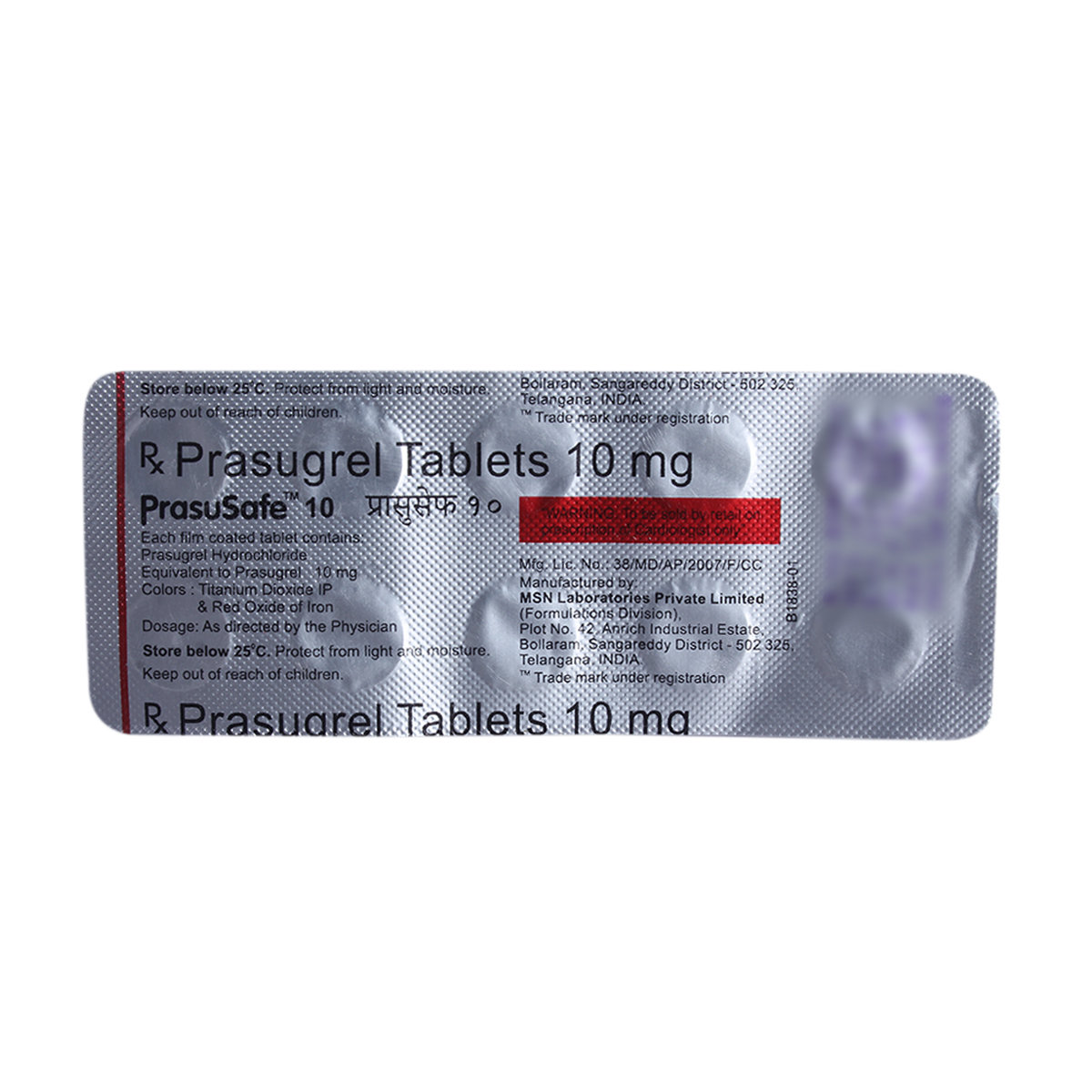
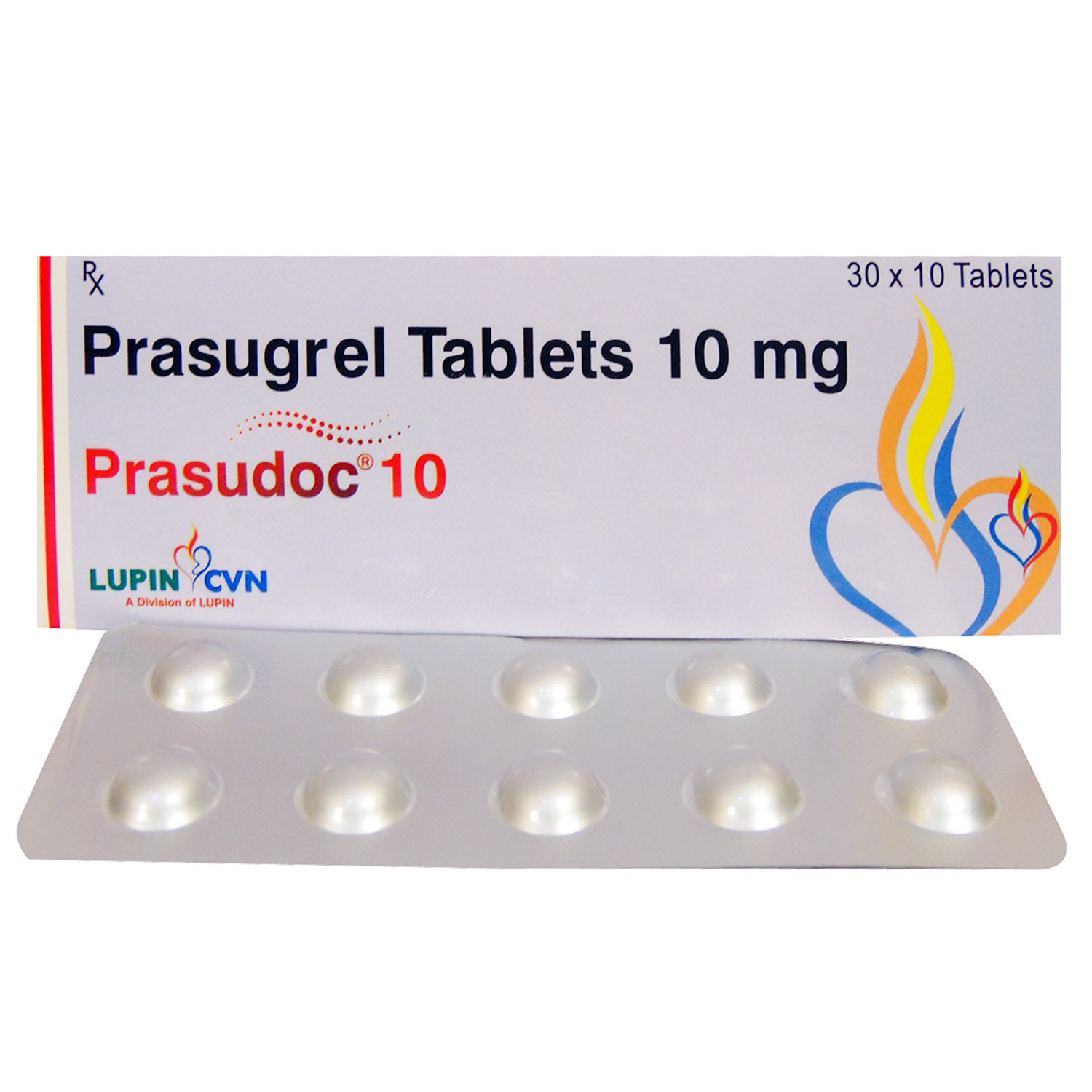

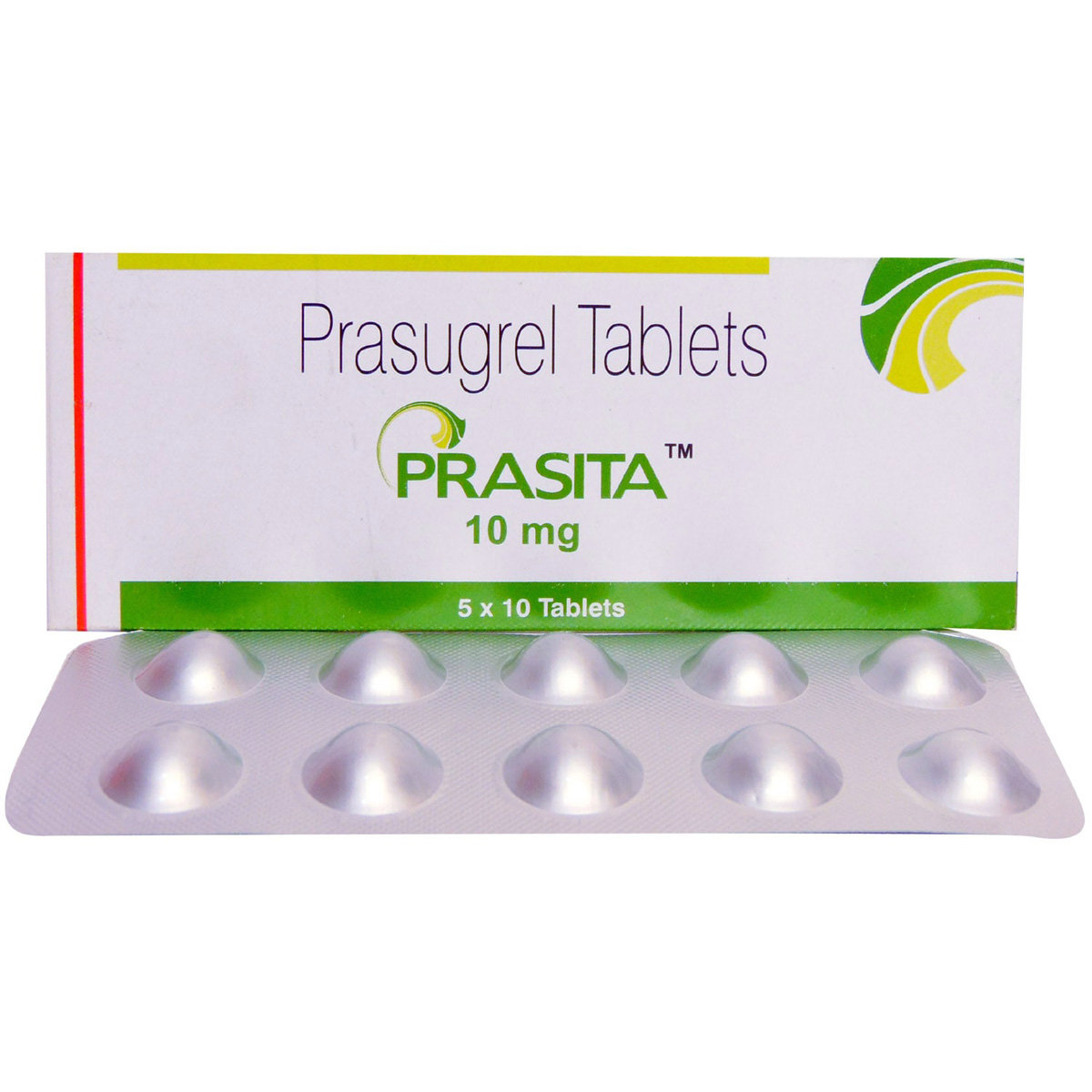
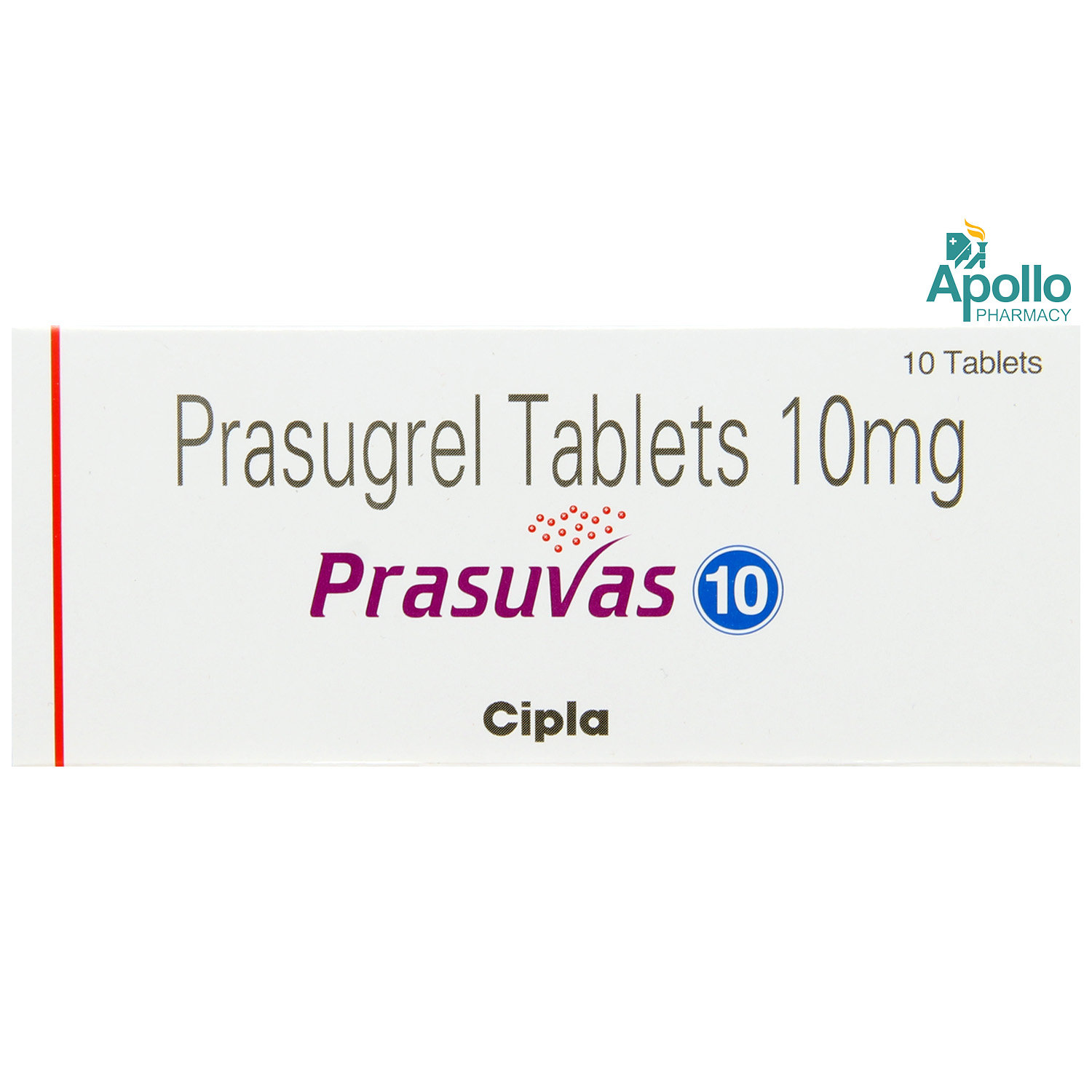
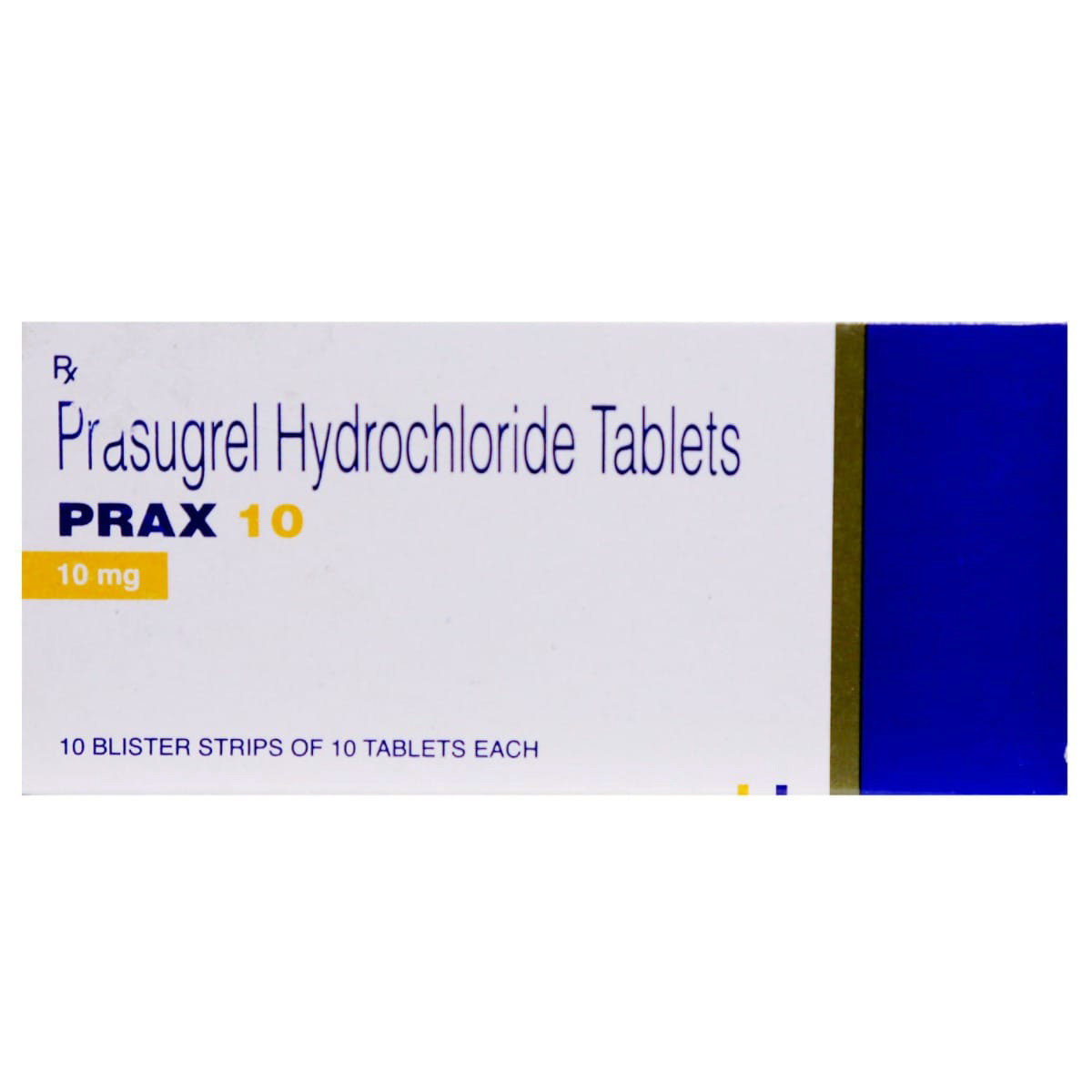

_0.jpg?tr=q-85)

